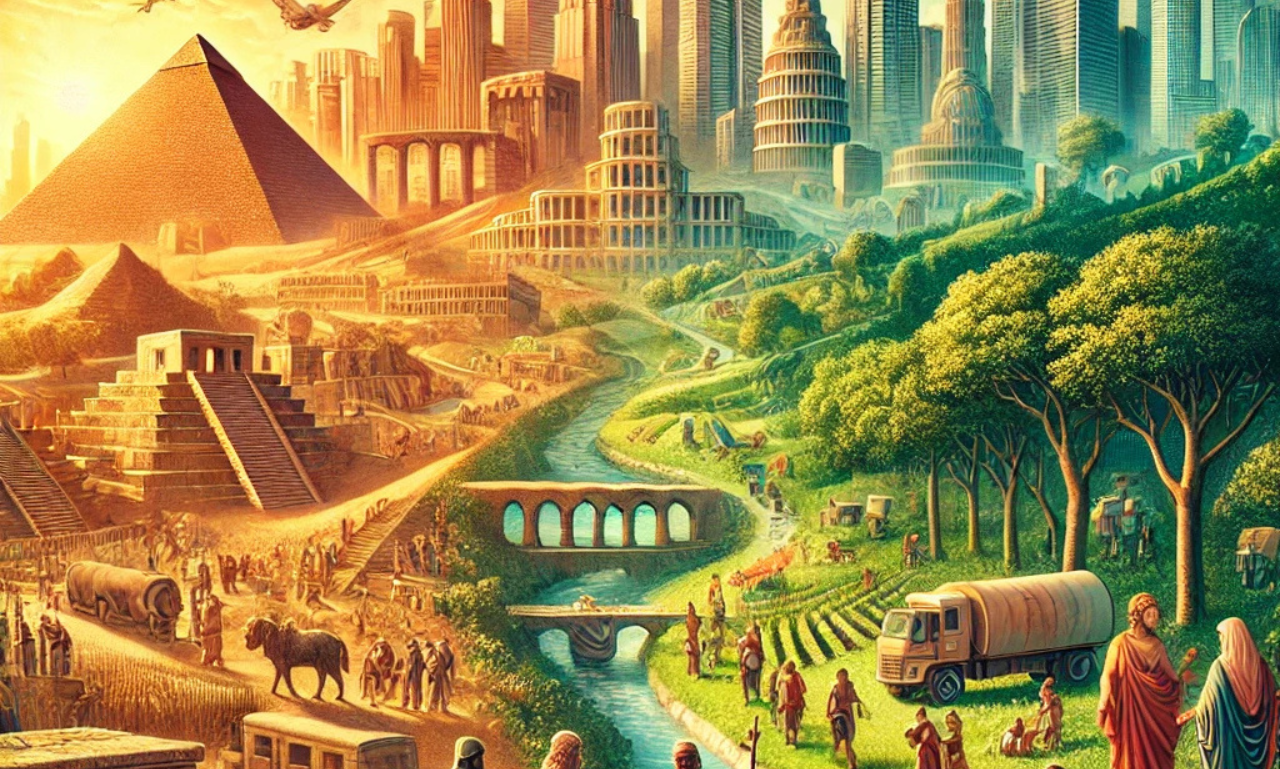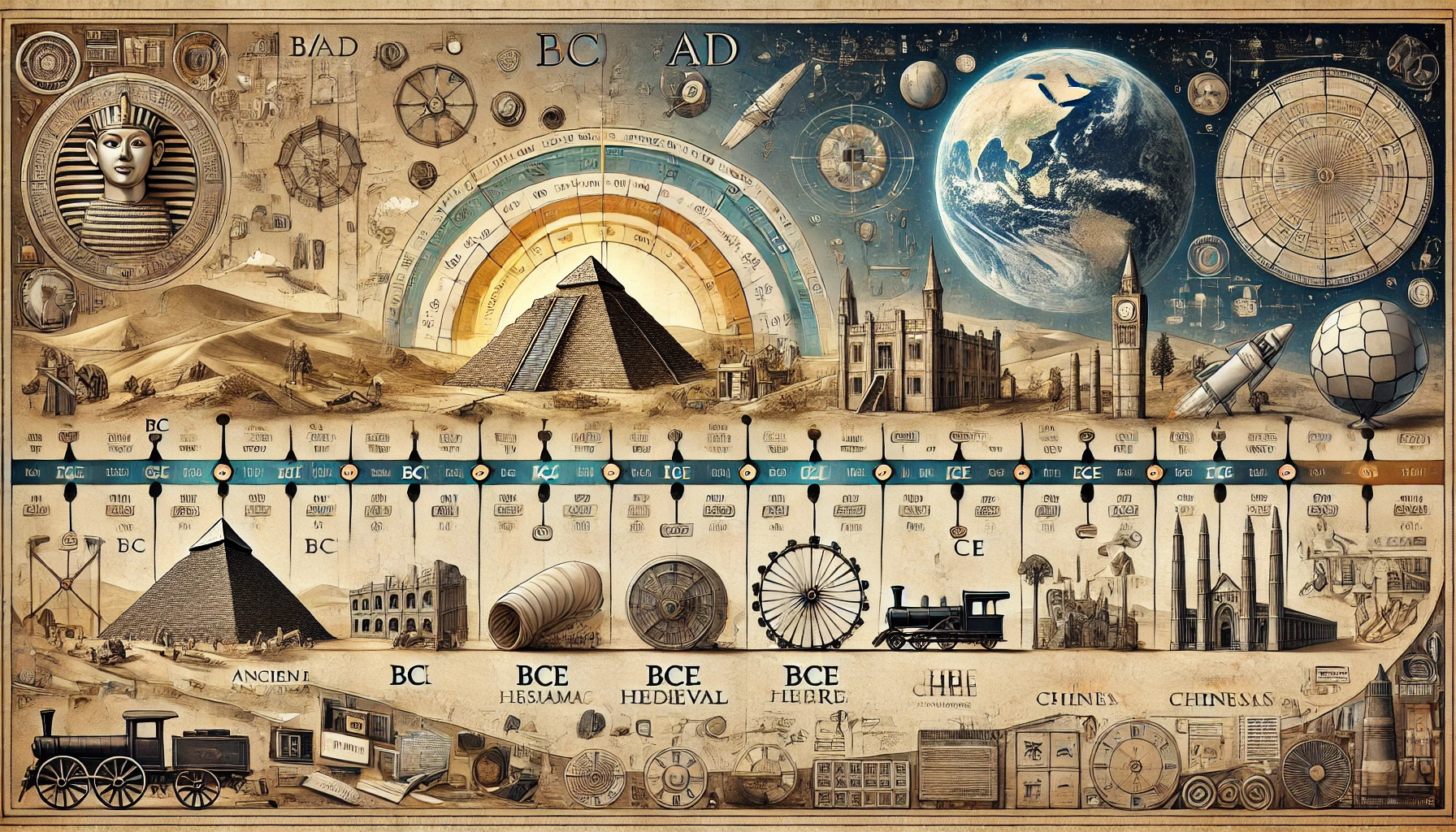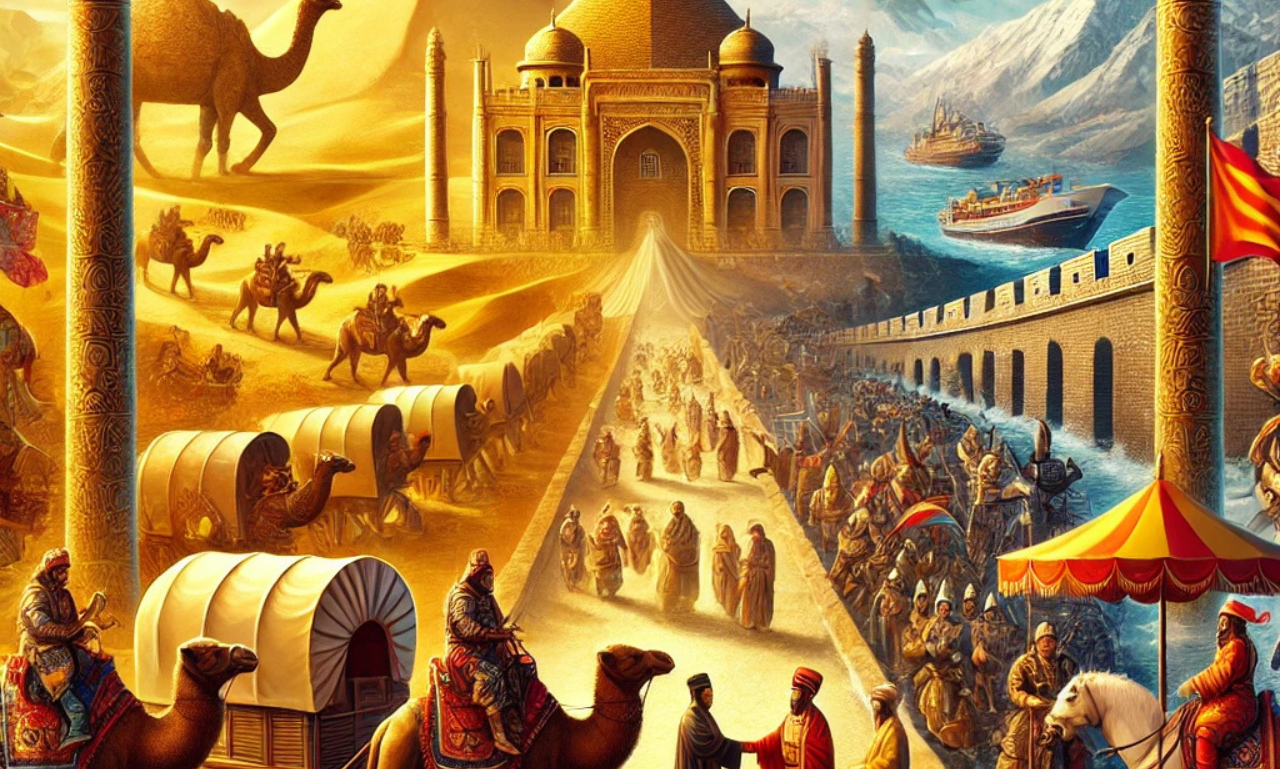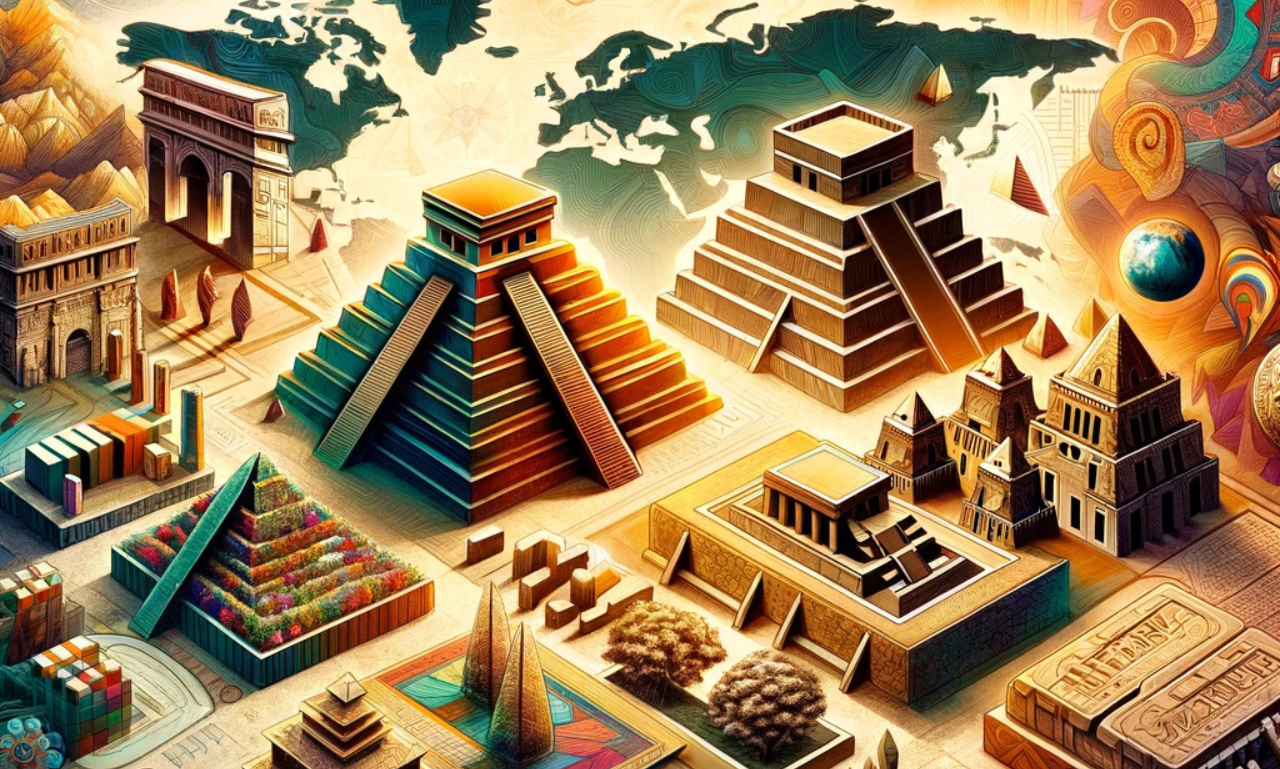Civilizations from ancient Mesopotamia to the imposing Mayan pyramids have shaped our common human history. However, have you ever pondered what constitutes a civilization? A civilization encompasses more than just grand structures and intricate trade lines, yet each holds significant importance. A civilization is fundamentally similar to a complex recipe, where human ingenuity, culture, and government come together to create something remarkable.
We’ll dissect the fundamental characteristics of civilizations, examine their significance, and consider the lessons they may teach contemporary society in this article. This informative trip through humanity’s biggest adventure is perfect for anybody interested in history or the globe in general.
How Does One Define an Ancient Civilization?
Before we begin, let’s review the fundamentals. We call a civilization a sophisticated human community with a unique culture, social structure, and advanced political institutions. Civilizations are bigger, more complex, and capable of amazing feats than tiny, nomadic tribes or early settlements.
You may already see the core of a civilization if you imagine a busy city with well-maintained roads, tall monuments, and people engaged in a variety of specialized occupations, from farmers to philosophers. It’s a place where people unite, build systems that benefit many, and leave behind traditions that still motivate us today.
The Key Features of an Ancient Civilizations
Civilizations do not emerge suddenly. They get more sophisticated as they change and adapt. Although the appearance of each civilization may vary somewhat based on time or location, they always have certain essential traits. Let’s investigate what drives civilizations.

1. Rise of Cities: Where It All Begins
The center of every civilization is its cities. Unlike small villages or scattered communities, cities serve as hubs of activity and invention. They have sophisticated infrastructure, including sewage systems, public buildings, and roadways. You’re right if you picture the busy streets of ancient Rome or the orderly design of towns in Mesopotamia.
Cities provide people a place to congregate, share ideas, and create infrastructure to accommodate expanding populations. In addition, they develop into centers of government and commerce, which aids in the expansion of civilizations’ power and leaves a lasting impression on history.
2. Governance: Keeping Order in a Complex World
The issue lies in the necessity of regulations to uphold order among a larger group of individuals. This is the role of government. To maintain administration, law, and order, civilizations create systems of government, whether they be monarchies, republics, or something else completely.
Maintaining peace is just one aspect of governance; other tasks include allocating resources, constructing infrastructure, and handling the intricate demands of a developing community. For instance, the centralized pharaoh-led system that governed everything from irrigation projects to taxes allowed ancient Egypt to flourish.
3. Specialization of Roles: More Than Just Farmers
Everyone’s primary concern throughout the early stages of human history was surviving by hunting, collecting, and cultivating food. However, as societies advanced, individuals started to assume more specialized responsibilities. Farm labor was no longer required of everyone.
Rather, there were craftspeople making exquisite ceramics, merchants bridging far-off regions, priests supervising religious rituals, and bureaucrats running society’s daily operations. Because individuals could concentrate on developing certain abilities, specialization enabled civilizations to thrive and resulted in advancements in science, technology, and the arts.
4. Achievements in Arts and Sciences
When it comes to innovation, we often remember civilizations for their remarkable achievements in science and the arts. Consider ancient India’s medicinal innovations, the Greeks’ intellectual theories, or the magnificent Mayan structures.
Civilizations left behind more than just tangible relics like buildings and sculptures; they also produced scientific ideas, literature, and religious doctrines that served as a basis for later generations. These accomplishments demonstrate the inventiveness and boundless curiosity of humans.
5. Writing Systems: The Power of Record-Keeping
Without a means of documenting its accomplishments and disseminating its knowledge, what would a society be? One of the characteristics that distinguishes each sophisticated culture is its writing system. Writing enabled societies to record commerce, legislation, government, and cultural narratives, as shown by Mesopotamian cuneiform and Egyptian hieroglyphics.
Writing also facilitated the transmission of information across generations. Written documents allow us to read old writings, research their concepts, and understand how these cultures functioned.
6. Trade and Complex Economies
As civilizations expanded and consolidated in a single location, they began to accumulate excess resources. As a result, commerce and sophisticated economies flourished. By trading products, ideas, and technology with nearby areas, people built linked networks that accelerated development.
From Silk Road trade networks to ancient cities’ crowded markets, economics emerged as a key factor in the prosperity of civilizations. Additionally, trade made it possible for civilizations to communicate, share knowledge, and perhaps unite to form something completely new.
7. Social Structure: The Layers of Society
Finally, societies typically exhibit a distinct social structure. Not everyone has the same authority or position. Various groups have distinct responsibilities in society, depending on their employment, class, or other characteristics. For instance, farmers and workers were the backbone of everyday life, whereas monarchs and nobility often enjoyed the greatest privileges.
Social hierarchies were a logical consequence of civilizations becoming more sophisticated, even if they may appear unjust today. In addition to providing structure, they also represented the objectives and ideals of each community.
Why Studying Ancient Civilizations Matters
You may be asking yourself, “Why does any of this matter now that we know what constitutes a civilization?” An understanding of civilizations provides insight into human history. It assists us in mapping our evolution from tiny communities to a vast, networked society.

1. Understanding Human Progress
Civilizations demonstrate how people have changed, developed, and adapted across time. Human inventiveness is evident at every stage, from the earliest river valley civilizations to strong empires like Rome and China.
2. Global Interactions and Ripple Effects
No civilization exists in isolation. They trade, conflict, merge, and influence one another. By studying these interactions, we get a holistic view of world history. For example, the spread of ideas through trade routes shaped art, religion, and technology across continents.
3. Lessons from the Rise and Fall
The lessons learned from the emergence and collapse of civilizations are everlasting. What caused some to flourish while others failed? We can learn about governance, environmental management, and cultural resilience from their achievements and failures—lessons that are still applicable today.
4. Celebrating Our Shared Heritage
Each civilization adds unique components to the history of humanity. These contributions, which range from Mesoamerican architectural marvels to ancient Greek literature, serve as a reminder of the world’s immense variety.
Ancient Civilizations: The Foundation of Our World
In the end, civilizations are the basis of global history. They serve as a reminder of our origins, our progress, and the lessons we may still learn as we go ahead. The history of civilizations is the history of human development; it is a history of struggles, triumphs, and unending wonder.
Thus, remember that you are seeing a piece of our common human history the next time you see an old ruin or read about a far-off civilization. And who is able to foresee the future? Perhaps in the future, people will reflect on our era and be amazed by what we produced.
Civilizations are a celebration of the greatest adventure in human history. And it is something worth investigating, valuing, and protecting.




